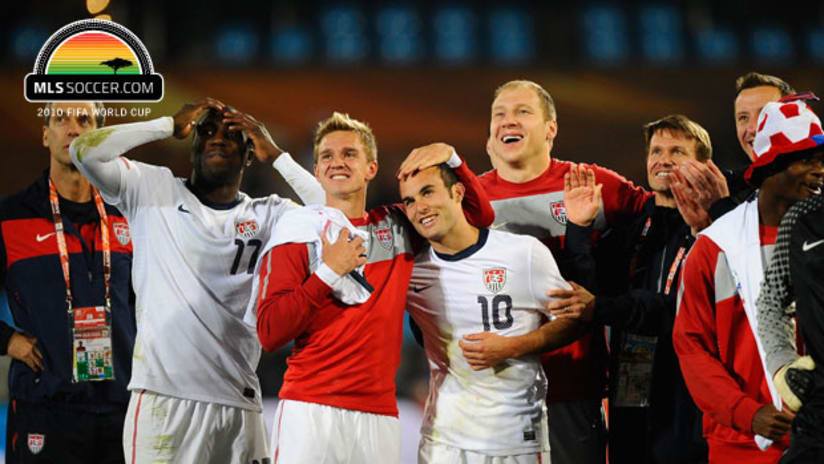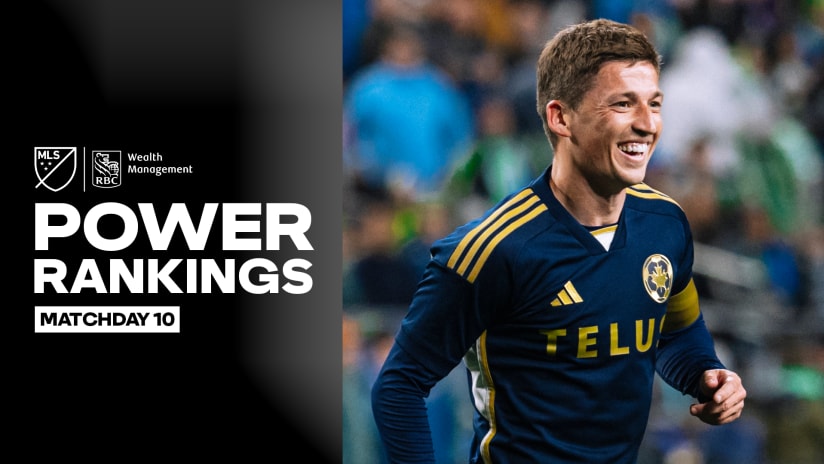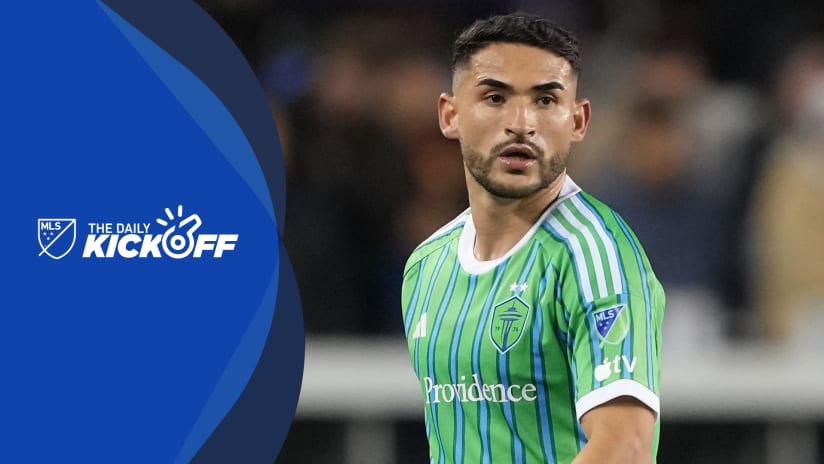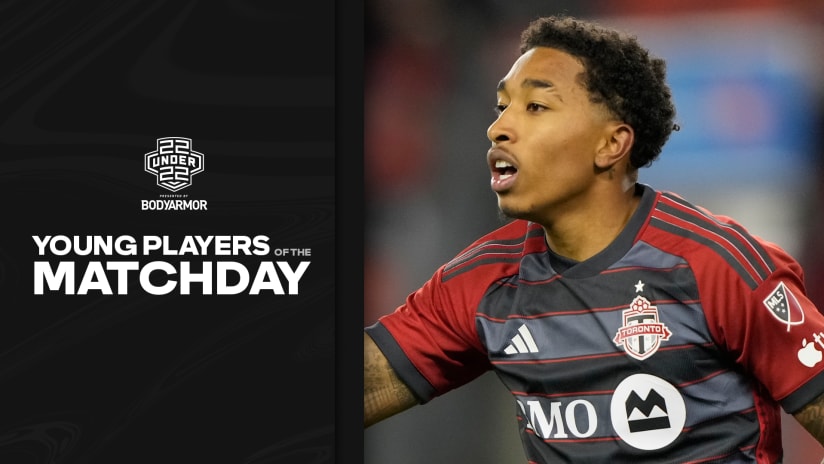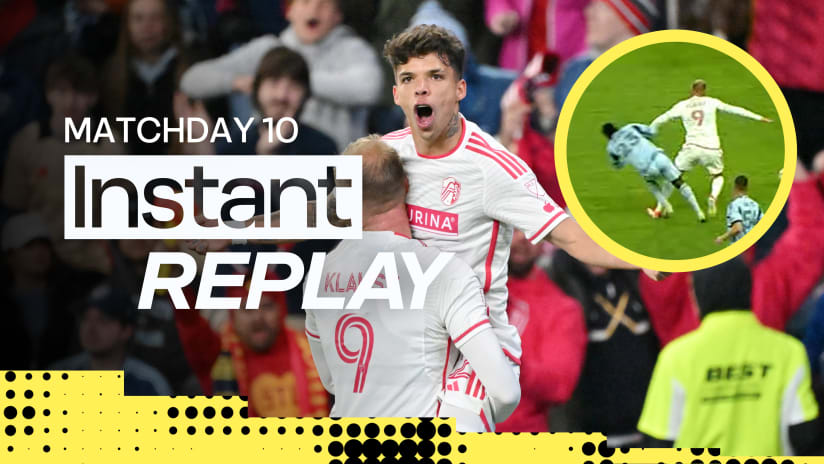PRETORIA, South Africa — In terms of sports and all the truisms, hyperbole, platitudes and clichés that help describe the action and scenes, somewhere along the continuum of “truth” lies a tiny sweet spot.
It’s somewhere to the left of all the breathless exaggeration pouring from the writers and announcers on one side, but somewhere to the right of the cynicism and negativity that can pour from the writers and announcers on the other side.
If we start talking about this notion of team chemistry and group accord, there is an element where the sweet spot of truth, the “keepin’ it real” factor may be even tinier.
On the one hand, I’ve always thought that team chemistry can be a tremendous influence on the success or failure of a team. On the other hand, the concept is so overused in the vernacular. It’s such a handy crutch for anything going wrong or a convenient refrain when things go right; in the absence of deeper analysis, when things go right it’s pretty easy to fly the flag of team bonds and not think about it past that. So, the true benefit of a harmonious camp becomes lost in the ceaseless din of it all.
From the athletes: oh, they tell us all the time that the locker room is tighter than a government budget, that everyone loves each other and so forth. But the truth is frequently something else, as a professional sports locker room is a ripe environment for cliques and personality clashes that lead to low-level disharmony, jealousy, a simmering apathy or much worse.
All this is to say, I think the United States truly has something special going. Strip away all the fluff and the fringe, and I really believe the spirit of the American camp here in South Africa, the driving force of esprit de corps, has been the difference between success and failure here.
(And let’s face it, the line between the two is razor-wire thin; if Landon Donovan doesn’t poke home that ball in stoppage time to punctuate such an amazing night, everything looks so very different today. Coaching changes and individual recriminations would be the order of the day, rather than pride and praise for the big heart in their collective engine.)
In a lot of ways, there’s no magical or mystical quality about it. If a coach selects the right guys and establishes the proper hierarchy of leadership, everything more or less takes care of itself. Without naming names, there are people out there who were under consideration who always seem to find the “I” in “team,” and Bob Bradley took some lumps for not inviting them. Well, look how swell that’s working out now.
You know what they say about how a couple rotten apples spoil the whole bunch. Or, sometimes, the entire camp could be wrought with self-centered or just plain dunderheaded attitudes. Do we need to look any further than the French camp, which came apart cartoonishly—truly, it’s like Wile E Coyote driving an Acme motorcycle over the cliff there—to see what happens when the blend is corrupt?
It’s not always easy to achieve the balance, to arrive at a place where the players truly care for one another, at a place where they are finding that little extra push of energy, that little bit of enhanced effort simply because they don’t want to let down the guy next to them.
Here in South Africa, the US team is rather isolated. It’s a much different World Cup experience from 2006, when the team base was smack in the middle of Hamburg, a truly beautiful city with a relaxed-but-active feel. Here, location and security concerns mean team members never really venture beyond their walled lodge unless they ride out on the team bus. I’ve asked several, and they all say basically the same thing: They are here for a reason and, besides, the set-up ain’t bad at all.
It’s a lot like the setup in 1998. But then the players complained; they didn’t feel like they were part of the World Cup.
The point is, when things go right, when you like the guys you’re around, it doesn’t matter where you are. Similarly, when things are all askew, the setup is just as irrelevant. You’re not going to have a good time, no matter what, and the effort surely suffers.
Based on the way the three US results have gone here, there is no other conclusion to reach but this: The well-stitched team accord is being summoned to tremendous use.
The team fell behind against England after just four minutes. It must have been an incredibly deflating moment; all the preparation, all the hopes, all the daydreaming could have started washing away right there on the Rustenburg field. But the resolve was steadfast, the effort improved, the goal was found (even if it was a Robert Green gift) and the beachhead had been established at World Cup 2010.
The deficit was doubled in Johannesburg, where Solvenia took a 2-0 lead. That really is a big mountain against a side that was tactically sound, a side driving forward on its own tremendous sense of self belief.
It would have been easy at that point for a team of less resolve, a team less committed to one another and to the cause, to start pointing fingers or begin lashing out at manager Bob Bradley. After all, Bradley’s decision to play Oguchi Onyewu backfired tremendously. In retrospect, it really was something close to delusional to believe that a man without a minute of truly competitive soccer for eight months (no, friendlies don’t count) could step into the World Cup breach successfully. And the choice to deploy Jose Torres against Slovenia was about as useful as a broken clock.
But adjustments were made. Steve Cherundolo, Jozy Altidore and Landon Donovan drove the comeback. Michael Bradley manufactured the first of two “Where were you when …” moments for the US team here and, well, on they went.
The resolve remained ferocious and undeterred against Algeria in Pretoria on Wednesday. Again, it’s easier to keep fighting and keep believing when you have a genuine affection for the teammates and support staff around you. (Neither did it hurt to have tremendous support in the stands, as players and coaches mentioned afterward. It’s a long way and it cost a pretty penny to get here, and the players, wealthy by average American standards, seem to truly appreciate that.)
The fans are appreciating them back. They love living in the United States of Donovan at the moment. They welled up along with the team when Donovan’s driving run forward in stoppage time found the ball and the magic moment.
A tremendous team spirit will never be enough by itself. But all the evidence here suggests we would already be talking about Brazil 2014 if not for the harmonious contributions of a group in such hale solidarity.

